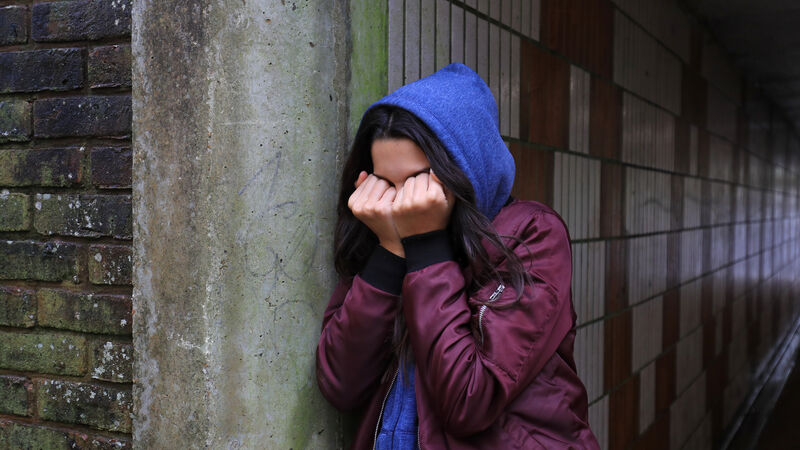Policing Authority says domestic abuse is 'mental violence' for children affected

Policing Authority submission says children interact with gardaí for many reasons — involvement in crime, as victims of domestic and sexual abuse, being removed from their home for their safety and when experiencing a mental health crisis. Picture: Gareth Fuller/PA Wire
The Policing Authority has said domestic abuse is a form of “mental violence” for children and they are entitled to effective measures to protect them.
The watchdog has also said resourcing of local sexual violence and domestic abuse units continues to be an issue and there is “inconsistency” in the Garda enforcement of domestic violence orders.










